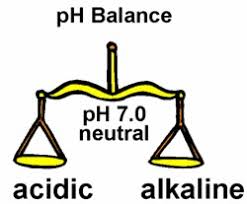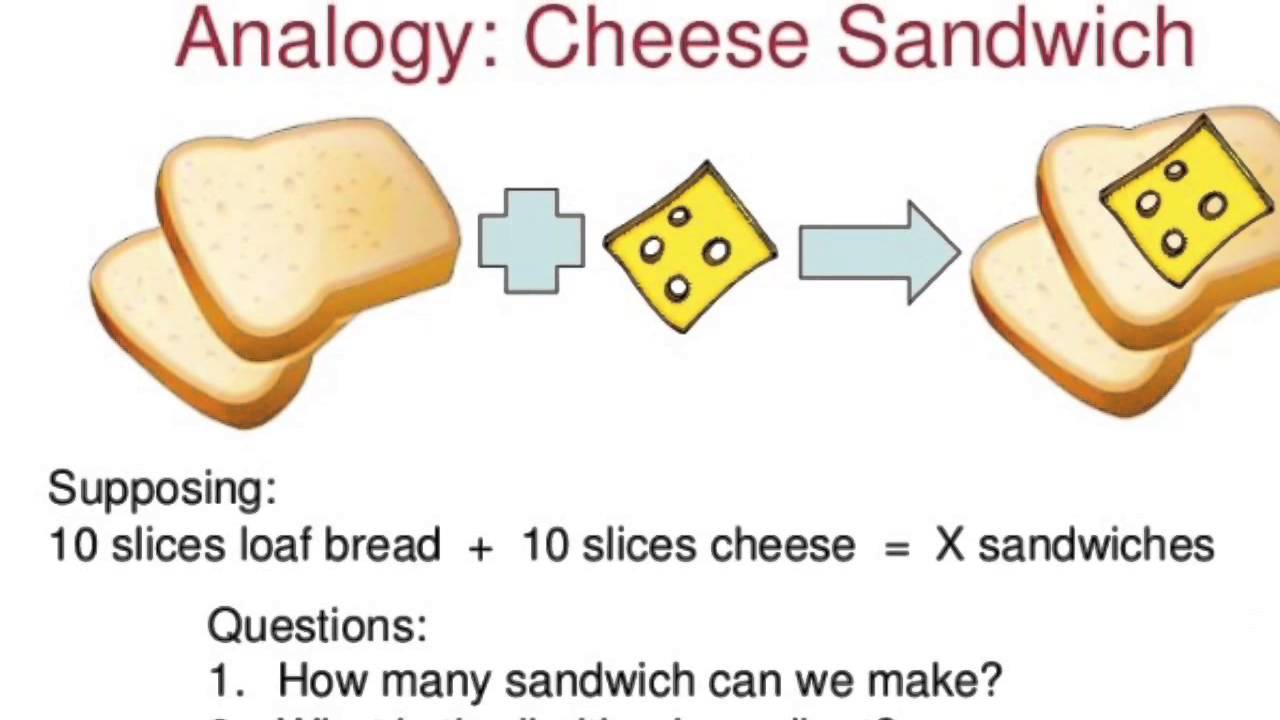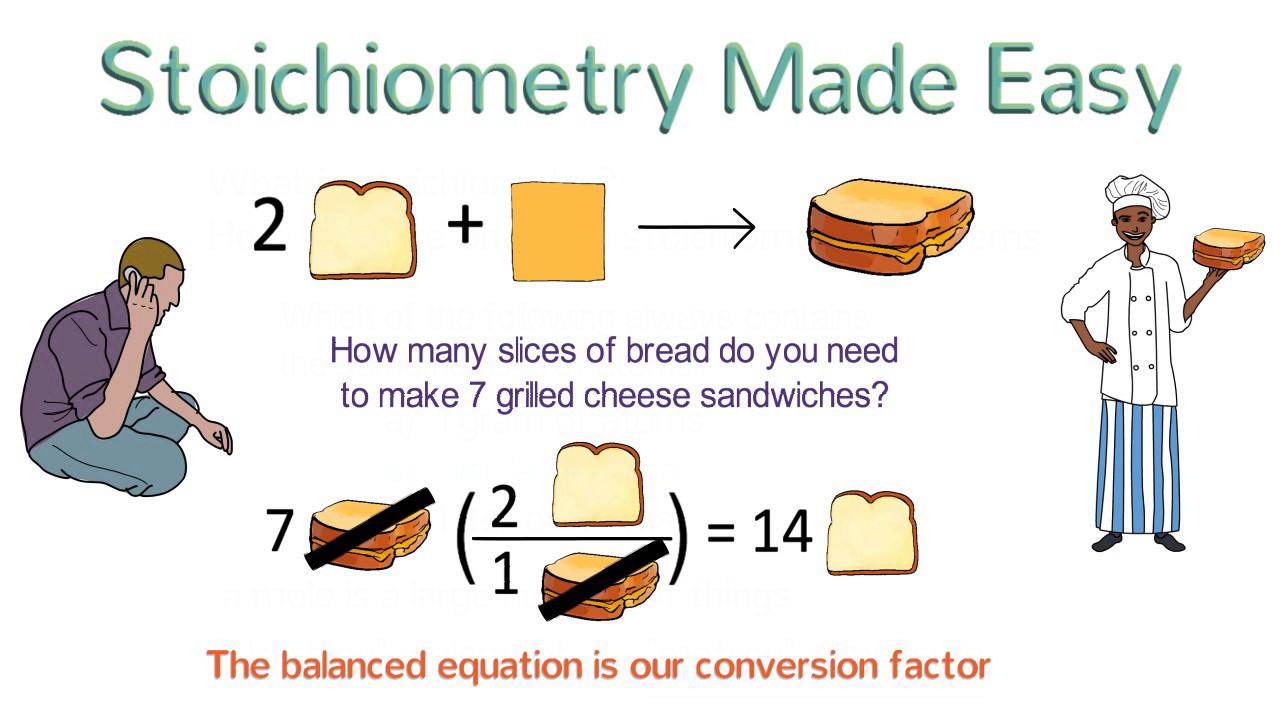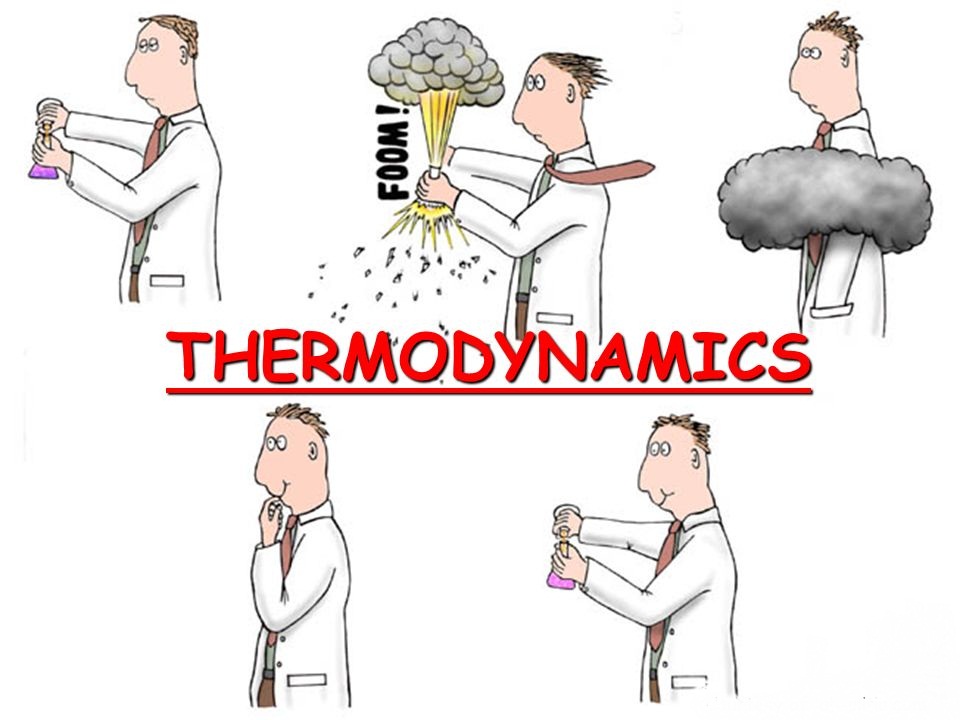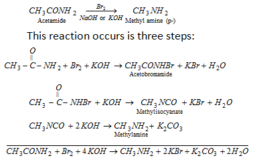Power of hydrogen ion pH

source : chungcuso3luongyen
Power of hydrogen ion pH-
Question 1) What will be the resultant pH when 200 ml of an aqueous solution of HCl (pH= 2) is mixed with 300 ml of an aqueous solution of NaOH ( pH =12.0 ) ?
Solution )
V of HCl =200 ml
pH of HCl =2
[H+] = 10 – pH= 10 -2
Volume of NaOH = 300 ml
pH of NaOH = 12
pH + pOH = 14
pOH = 14 -12 =2
[OH–] = 10 -2
Milli equivalents of [H +] from HCl = NV(ml)
= 10 -2 x 200 = 2.0
Milli equivalents of [OH –] from NaOH = NV(ml)
= 10 -2 x 300 = 3.0
Left Milli equivalents of [OH –] in solution = 3 -2 = 1.0
Total volume = 200 + 300 = 500 ml
[OH–] = Milli equivalents / Total volume
= 1 / 500 =2 x 10 -3
[OH–] = 2 x 10 -3
[H+] [OH–] = 10 -14
[H+ ] = 10 -14 / 2 x 10 – 3
[H+ ] = 5 x 10 -12
pH = – log [H+]
= – log [ 5 x 10-12]
[log a x b = log a + log b]
so,
pH = – [log 5 + log 10-12]
[log ab = b log a]
= – [ 0.6990 – 12 log 10]
because , log 10 = 1
p H = – [ 0.6990- 12 x 1]
Therefore,
pH = – 0.6990 + 12 ] = 11.3010
Power of hydrogen ion ‘pH’ = 11.3010 Ans.
Question 2) Calculate Power of hydrogen ion ‘ pH ‘of a solution of given mixture:
a) ( 2 gm CH3COOH + 3 gm CH3COONa) in 100 ml of mixture; Ka = 1.8 x 10 -5
b) (5 ml of 0.1 M NH4OH + 250 ml of 0.1 M NH4Cl) ; Kb = 1.8 x 10 -5
c) ( 0.25 mole of acid + 035 mole of salt ) in 500 ml mixture; Ka =3.6 x 10 -4
Solution )
a)
pH = – log Ka + log [salt ] /[acid]
For CH3COONa,
w = 3 gm , m = 12 + 3 + 12 + 16 x 2 +23= 82
V = 100 ml = 100 /1000 litre =0.1 litre
[CH3COONa ] = w/mV = 3 / 82 x 0.1 = 0.365
For CH3COOH,
w = 2 gm , m = 12 + 3 + 12 + 16 x 2 +1 = 60
V = 100 ml = 100 /1000 litre =0.1 litre
[CH3COOH ] = w/mV = 2 / 60 x 0.1 = 0.333
pH = -log Ka + log [CH3COONa ] /[CH3COOH]
p H = – log 1.8 x 10 -5 + log [0.365 /0.333]
pH =- [log 1.8 + log 10-5] + log 1.096
[log ab = b log a]
= – [ 0.2552 – 5 log 10] + 0.0398
because , log 10 = 1
p H =- [ 0.2552 – 5 x 1] + 0.0398
Therefore,
pH = – 0.2552 + 5 + 0.0398 = 4.7846
pH = 4.7846 Ans.
b)
pOH = – log Kb + log [salt ] /[base]
pOH = – log Kb + log [NH4Cl ] / [ NH4OH]
For NH4Cl,
N = 0.1, V = 250 ml
milli equivalent of NH4Cl = 0.1 x 250= 25
For NH4OH,
N = 0.1, V = 5 ml
milli equivalent of NH4OH = 0.1 x 5= 0.5
[NH4Cl] = 25 / 255 = 0.098
[NH4OH] = 0.5 / 255 = 0.002
pOH = – log Kb + log [NH4Cl ] / [ NH4OH]
= – [log 1.8 x 10 -5 ] + log [0.098 /0.002]
pH = – [log 1.8 + log 10-5] + log 49
[log ab = b log a]
= – [ 0.2552 – 5 log 10] + 1.6902
because , log 10 = 1
p H =- [ 0.2552 – 5 x 1] + 1.6902
Therefore,
pH = – 0.2552 + 5 + 1.6902
pH = 6.435 Ans.
c)
pH = – log Ka + log [salt ] /[acid]
V = 500 ml =0.5 litre
[Acid] = no. of mole / volume ( litre)
= 0.25 / 0.5 =0.5
V = 500 ml =0.5 litre
[salt] = no. of mole / volume ( litre)
= 0.35 / 0.5 =0.7
pH = – log Ka + log [salt ] /[acid]
p H = – log 3.6 x 10 -4 + log [0.7 /0.5]
pH = – [log 3.6 + log 10-4] + log 1.4
[log ab = b log a]
= – [ 0.5563 – 4 log 10] + 0.1461
because , log 10 = 1
p H = – [ 0.5563 – 4 x 1] + 0.1461
Therefore,
pH = – 0.5563 + 4 + 0.1461 = 3.5898
